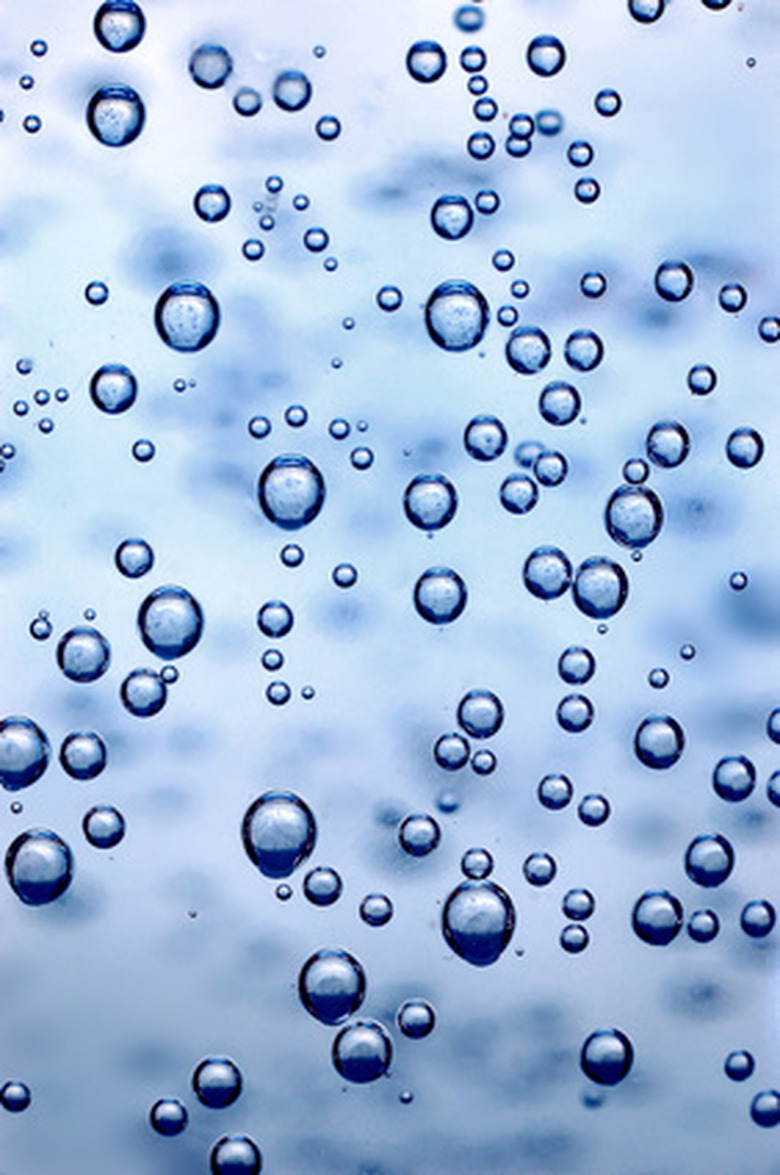The Effect Of Water Impurities On Plants
Water is one of the basic necessities for plants. However, watering plants with tap water can be full of unwanted consequences. Tap water is often cleaned to provide for the family, but the chemicals and minerals added are not necessarily safe for household plants.
Tap Water
Many plant owners choose to water their plants straight from the tap. Depending on where you live, this may be fine. For others, tap water is loaded with chemicals that can harm plants. If you are uncertain about whether your tap water is safe, or have no other alternative, using a faucet filter is one way to limit the damage plants may sustain from the water's chemicals and pollutants.
- Water is one of the basic necessities for plants.
- For others, tap water is loaded with chemicals that can harm plants.
Hard Water
Some areas have what is called "hard water"–water that has excessive calcium, magnesium and other minerals. The main concern about adding hard water to your plants is that, over time, it raises the pH level of the soil. Most plants are tolerant to a variety of pH levels, although some need specific acidic or alkaline-based soil to survive. The majority of plants, though, won't find the change in levels lethal, but they may show signs of color loss or change and a decline in overall vitality.
Chlorine
Disease-causing microorganisms are killed off in the tap water in some areas by adding chlorine to the water. Often, this chlorine, which is poisonous to plants, evaporates from the water long before it reaches the plumbing of one's home. The gas has a distinct odor that many gardeners notice right away. Simply letting the water sit and "breathe" for 24 hours in jugs or bottles will allow the chlorine to evaporate before being used on plants. Chlorinated water will often kill plants over time.
- Some areas have what is called "hard water"–water that has excessive calcium, magnesium and other minerals.
- Often, this chlorine, which is poisonous to plants, evaporates from the water long before it reaches the plumbing of one's home.
Copper
One known hazard to plants is copper impurities. Repeated introduction of copper to soil will cause leaves to curl back and eventually die off. This will limit the plant's photosynthetic ability, limiting resources and stunting the growth. Adding low levels of zinc or manganese is known to greatly reduce the effects of copper toxicity.
Solutions
Particles of minerals and salts may build up even with filtered tap water. It becomes visible as a thin, whitish crust on the surface of the leaves and soil, depending on how the plant is watered. This buildup can be washed away by filling the plant's container or washing the leaves of the plant with clean water and letting the buildup slowly drain away. This process is called "flushing." Some gardeners choose to buy bottled water for their houseplants to avoid chemicals, but this can be a costly solution. Another option is to collect rainwater. Placing buckets outside before it rains and storing the water in bottles and jars is an effective way to provide indoor plants with natural, chemical-free water. Be aware that areas with acid rain or high levels of air pollution may not offer rainwater that meet a gardener's needs.
- One known hazard to plants is copper impurities.
- Some gardeners choose to buy bottled water for their houseplants to avoid chemicals, but this can be a costly solution.
References
- "A note on the effects of copper impurities in distilled water on growth off plants"; T. C. Broyer and A. H. Furnstal; University of California, Berkeley, California; 2006
- "Houseplants for Dummies"; Larry Hodgson; 1998
- North Carolina State University: Water Considerations for Container Production of Plants
